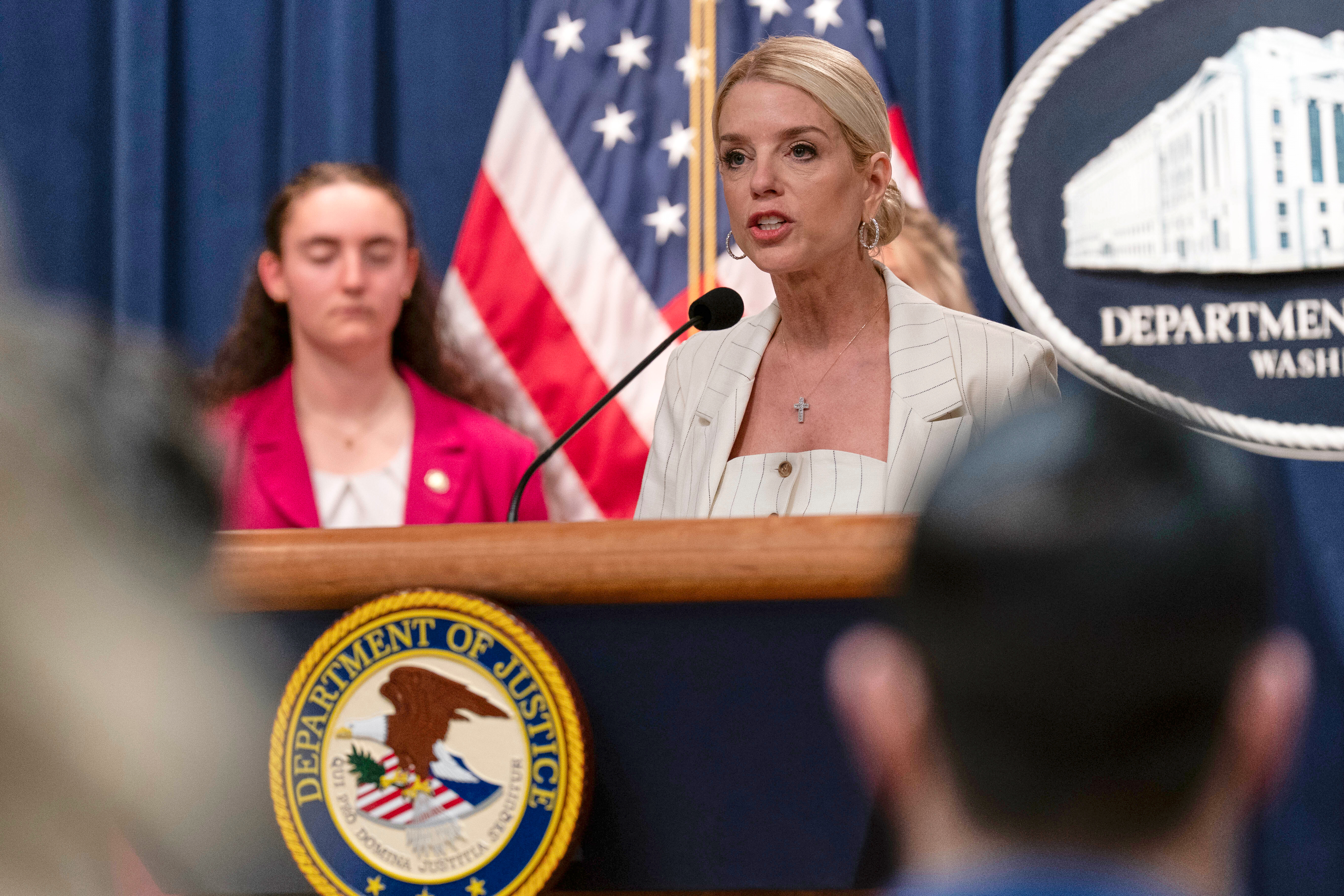Anna Kendrick does some of the best work of her career in the titular role in "Alice, Darling," a tense and uneasy new drama.
She's a young woman whose identity has practically been erased by her psychologically abusive boyfriend Simon (Charlie Carrick), a controlling and insecure artist who's a few years her senior.
While Kendrick is probably most widely known for her performances in musicals and comedies like the "Pitch Perfect" franchise, "Alice" is a reminder — at least for me — of just how prolific of a career she's already put together: everything from "Up in the Air" and "The Accountant" to "50/50" and "Stowaway."
The role of Alice presents Kendrick the opportunity to further showcase her impressive range, as it calls for a performance antithetical to her usually bubbly, chipper screen presence. Alice is stoic, barely present in any situation where she's not having to think about how to act so as to not upset Simon.
She has a nervous — and incredibly upsetting — habit of pulling at her hair until it falls out; she apprehensively waits for Simon's latest unbearably needy texts; her go-to drink is a vodka tonic because Simon wants them to avoid sugar; and she's grown distant from her longtime friends as Simon latches himself deeper into every aspect of her life.

'The Menu' Review: A Delectable Class Satire
Served first at the Toronto International Film Festival, the movie is in theaters this weekend.
We know these things not because this is a movie focused on Alice and Simon; director Mary Nighy and writer Alanna Francis tell the story mostly over the course of a weeklong birthday getaway with Alice and her aforementioned best friends Sophie and Tess (Wunmi Mosaku and Kaniehtiio Horn). Alice lies to Simon about the vacation, telling him she's needed on a work trip, because she knows how he'd react if her time and attention were on someone else. In a savvy and ultimately well-executed creative decision, Nighy and Francis tell the story with the focus on Alice and her friends instead of the toxic partner.
So as Alice sorts through the distressing memories and unsettling nightmares, keeping the pain all to herself, Sophie and Tess begin to realize there's something more going on with their once-carefree, energetic childhood friend than just simply growing apart. The movie unpacks not only the toll an emotionally abusive relationship can have on someone, but how we recognize and respond to the person privately going through the trauma.
While the imagery can be heavy-handed — the first time we see Alice, she is literally underwater — the film is a compelling example of how effective "show, don't tell" can be. With an unflinching screenplay, sure-handed direction and a moving performance from its star, "Alice, Darling" is a quietly powerful reminder that things don't have to get physical for a relationship to be abusive.

'The Good Nurse' Review: It's Not A Good Movie
Newsy's Daniel Feingold shares a review of "The Good Nurse."









